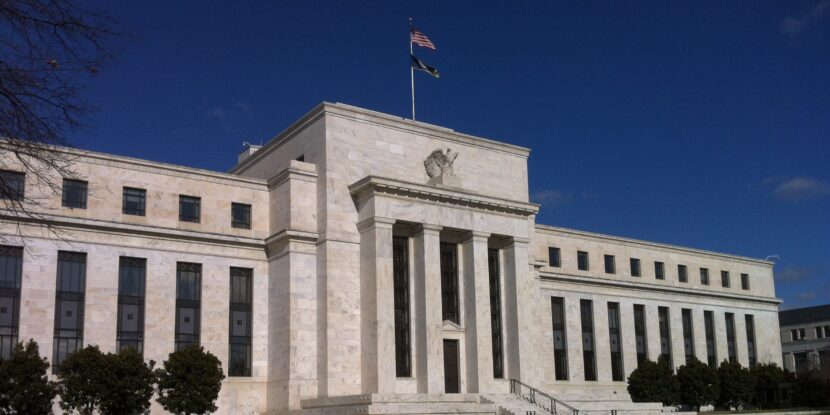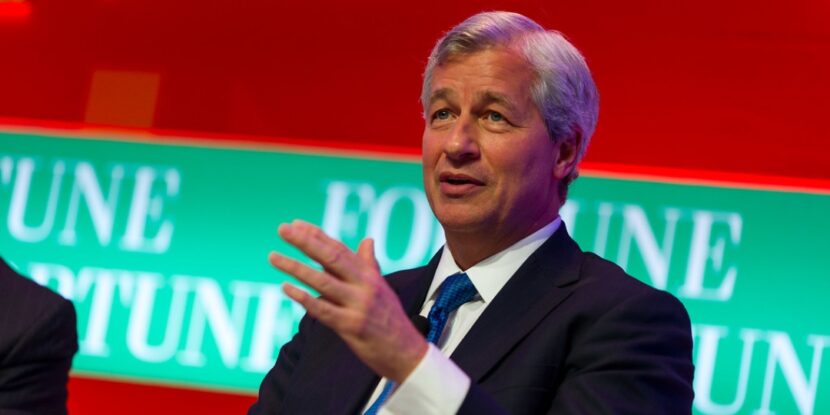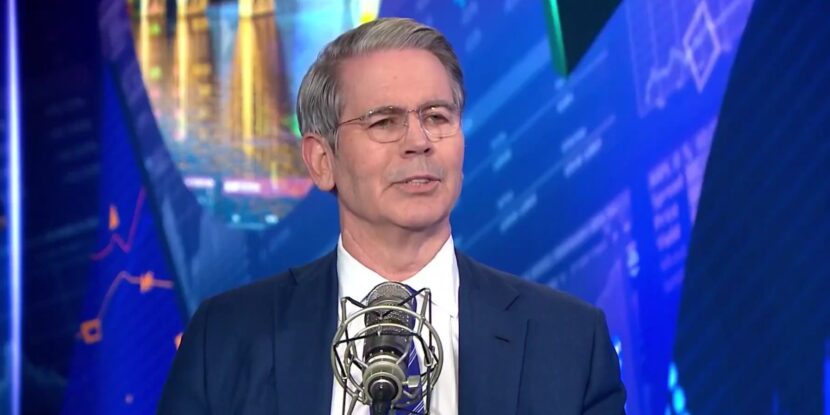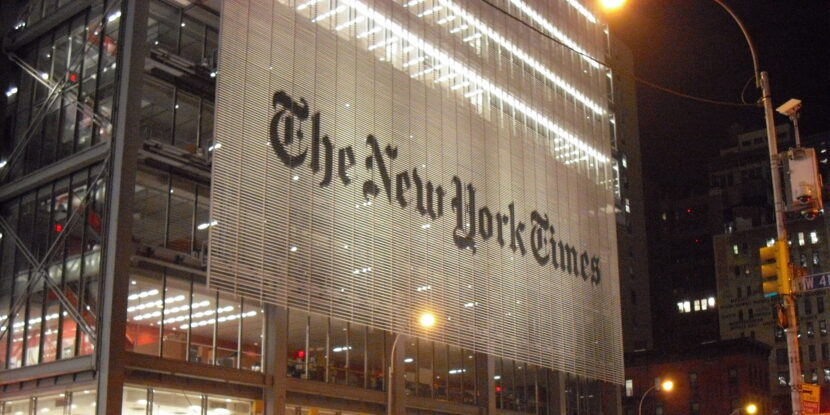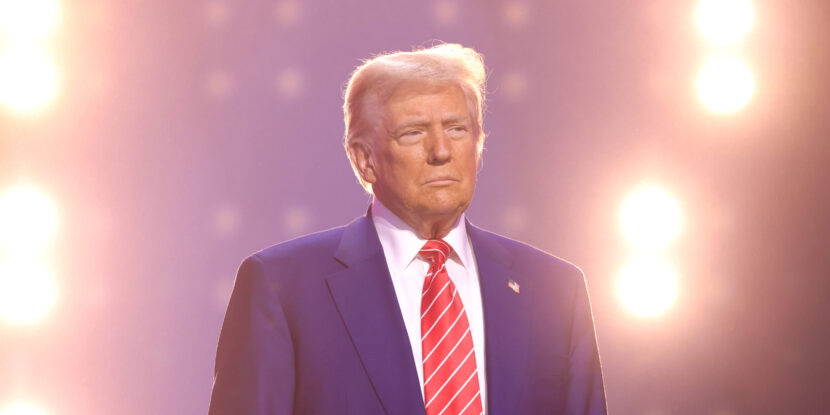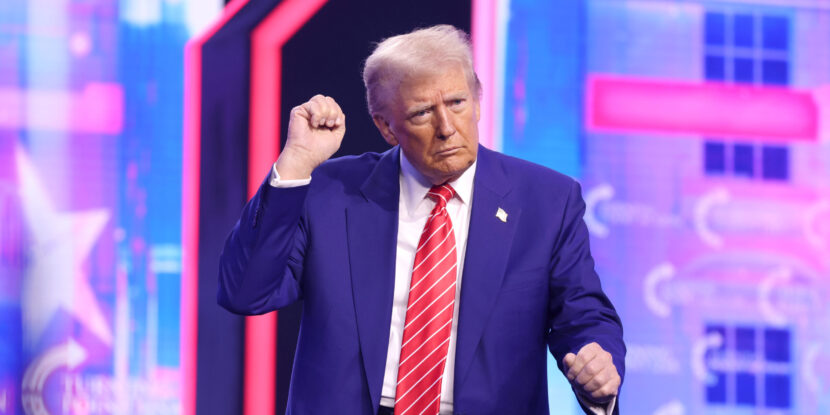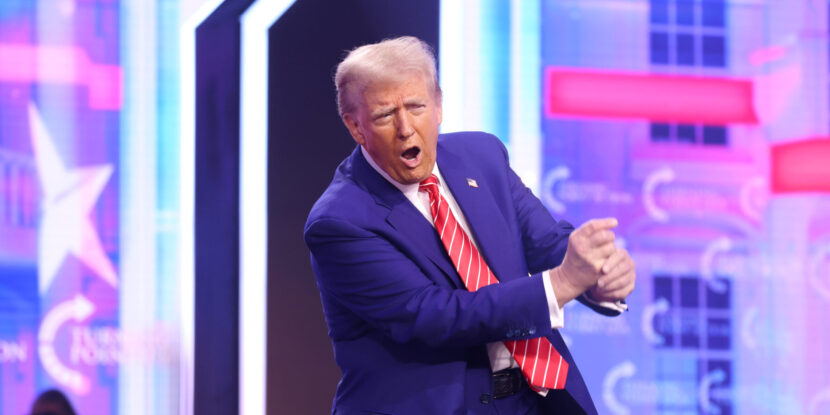President Donald J. Trump has signed an executive order barring federal agencies “from undertaking any action to establish, issue, or promote central bank digital currencies (CBDCs).” The controversial fiat digital currencies are issued by central banks in lieu of paper money and fall into the specific category of Retail CBDCs. Additionally, central banks can issue Wholesale CBDCs, which act similarly to a central bank’s reserve system.
Also contained in the executive order are directives aimed at rescinding harmful regulations enacted by former President Joe Biden that negatively impact cryptocurrencies like Bitcoin. “The Executive Order revokes the previous Administration’s Digital Assets Executive Order and the Treasury Department’s Framework for International Engagement on Digital Assets which suppressed innovation and undermined U.S. economic liberty and global leadership in digital finance,” a White House statement reads.
President Trump’s move comes just over a year after The National Pulse reported that he pledged to prevent the creation of a CBDC by the U.S. government while campaigning in New Hampshire. “As your president, I will never allow the creation of a Central Bank Digital Currency. Such a currency would give the federal government absolute control over your money. This would be a dangerous threat to freedom—and I will stop it from coming to America,” Trump said on January 17, 2024.
Under former President Joe Biden’s Treasury Secretary, Janet Yellen, CBDCs saw a revival of interest from government policymakers. The Biden Treasury Department undertook studies on how to implement the use of a CBDC in the American economy. However, critics, including members of the Federal Reserve, have pointed to a digital currency’s potential to undermine the U.S. dollar—already the global reserve currency.
In addition, numerous anti-CBDC activists argue the government-controlled digital tender could be abused to de-bank and spy on Americans.
show less